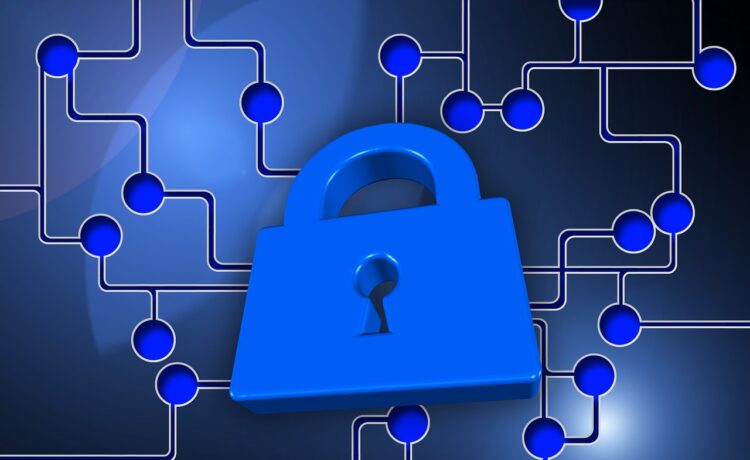Preventing security breach is easier than most businesses think!
The aftermath of a security breach can be overwhelming for any organization. Beyond compliance issues, ensuring information & data protection and minimizing damage remain the core concerns. While reactive cybersecurity is an eventuality, it is more important to be proactive, so that security concerns or breaches can be prevented in the first place. In this post, we are sharing more on things that businesses need to know about preventing security breach.
Employees are your biggest threat
Do not take this in the wrong light, but most cases of data breaches and security incidents can be linked back to insiders. Often deliberate but most unintentional, these breaches happen because employees do not realize the potential impact of their actions. For instance, an employee may have just missed out on changing the default passwords on your IP cameras, and this may lead to a situation, where a hacker has managed to gain access to the video surveillance system. Always train your employees on cybersecurity, emerging threats, and risks, and this should be a part of the entire onboarding process too. If needed, get experts onboard and make sure that your cybersecurity training program is a well-rounded one.
Restrict access
This is as important. When it comes to granting rights to critical resources and devices, make sure that you are using an access management system, so that there is complete transparency as who has access to a resource at a given point. Get rid of inactive users, delete/change rights in real time, and ensure that access to certain resources remain off limits.
Use multifactor authentication
Strong and unique passwords are important for sure, but you may want to encourage a second or third layer of security, using MFA. A simple security question or pin will take the standard password security to the next level. You can also add biometrics, onetime passwords, or use the lockout feature to avoid unwanted access to systems, networks, and devices.
Focus on passwords
A strong password should be at least 12 characters long, must have special characters, uppercase and lowercase letters, and numbers. For obvious reasons, your employees may not be able to remember the overall number of passwords they use each day, for which it is important for them to have a reliable password manager. Ensure that you choose a known password management tool that’s also easy to use.
A few steps can go a long way in ensuring cybersecurity!








